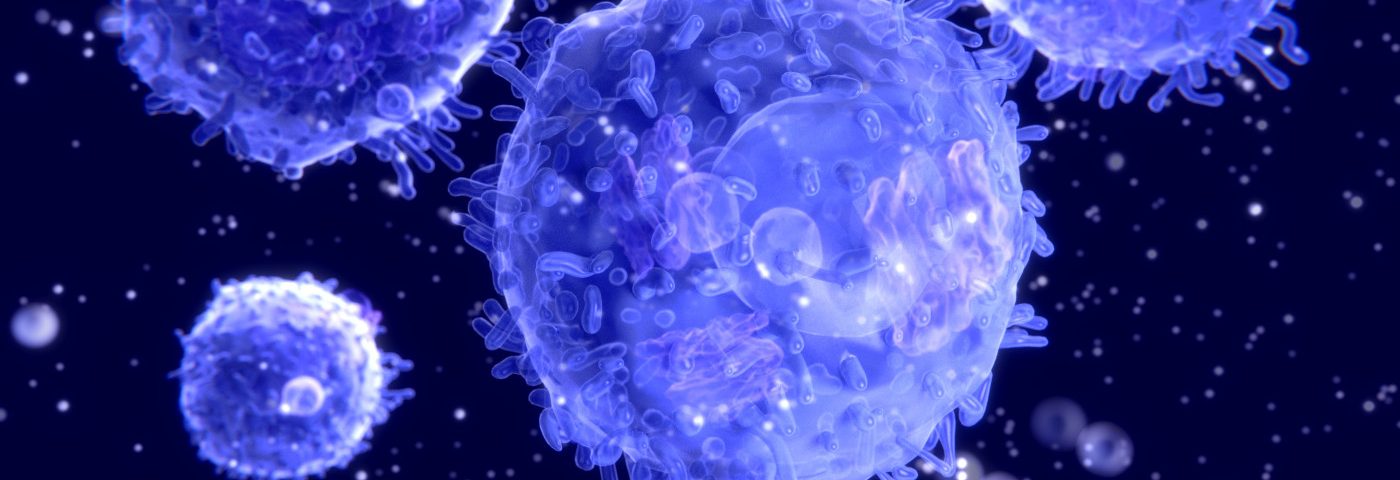Based on newly available data, researchers better understand how the Toll-like receptor 9 (TLR9) agonist Kappaproct (cobitolimod), developed by InDex Pharmaceuticals, can provide anti-inflammatory relief of the clinical symptoms of ulcerative colitis (UC).
The research shows how Kappaproct regulates two specialized types of immune cells — T helper 17 (Th17) and T regulatory (Treg) — in test animals and in blood and tissue samples from UC patients. While Th17 cells are known to promote inflammation, Treg cells counter this effect. An imbalance between these two types of cells has been implicated in UC.
Kappaproct was seen to balance the ratio of Th17 to Treg cells, which appears to control inflammation seen in the large intestines of people with UC. Kappaproct binds to the TLR9 receptor, a protein inside immune cells and on the surface of epithelial cells, which line the surfaces of the body’s organs. This binding triggers the cells to produce anti-inflammatory cytokines, which are agents that play an important role in reducing inflammation and healing wounds caused by the disease.
Kappaproct uses DNA-based ImmunoModulatory Sequences (DIMS), a new type of therapy that affects the way the immune system is regulated.
InDex reported no safety concerns with Kappaproct in approximately 250 patients who have been dosed to date. Other therapies approved to treat UC are often associated with severe side effects such as osteoporosis, diabetes, infections, and malignancies, the company noted.
Kappaproct is delivered directly to the large intestine. It is not assimilated by the body, which may explain its favorable safety profile.
InDex is now sponsoring a Phase 2b clinical trial (NCT03178669), called CONDUCT, to test the effectiveness of various doses of Kappaproct in patients with active, moderate to severe UC. Previous trials have demonstrated Kappaproct’s safety and effectiveness in treating the main symptoms of UC, including blood in stools and the number of stools. It has also been shown to promote the healing of wounds.
“With these new interesting data we have gained a deeper understanding of how cobitolimod mediates its anti-inflammatory effects,” Raja Atreya, MD, from the University of Erlangen-Nürnberg, in Germany, said in a press release. “By balancing the Th17/Treg cell immune response, cobitolimod addresses new therapeutic targets in the immunopathogenesis of ulcerative colitis.”
According to Peter Zerhouni, CEO of InDex Pharmaceuticals, “This supporting mechanistic data is a valuable complement to the clinical findings with cobitolimod. The Th17/Treg pathway is currently attracting a lot of interest from the pharmaceutical industry as a promising avenue for intervening in various autoimmune and inflammatory diseases, including inflammatory bowel disease.”

